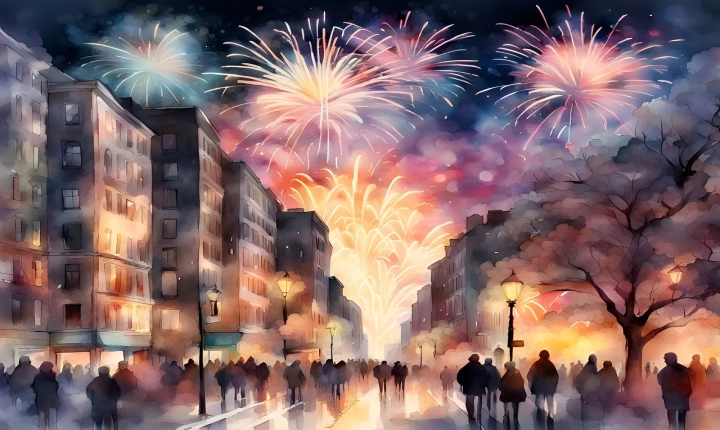Title: How to Take Pictures with AI: A Guide for Perfect Photos
With the advancement of technology, taking pictures has become easier and more accessible than ever before. One of the most prominent developments in photography is the integration of Artificial Intelligence (AI) in cameras and smartphones. AI has revolutionized photography by assisting in capturing stunning images with minimal effort. Whether you are a professional photographer or an amateur enthusiast, utilizing AI in photography can significantly enhance the quality of your pictures. In this article, we will explore the ways in which AI can be leveraged to capture impeccable photos.
1. Understanding AI Photography
In the realm of photography, AI has the ability to analyze scenes and make real-time adjustments to camera settings to achieve optimal image quality. With AI, devices can identify subjects, detect different types of scenes, and adjust settings such as exposure, focus, and white balance to ensure that every picture is well-composed and visually appealing.
2. Selecting the Right Device with AI Capabilities
To take advantage of AI-powered photography, it is imperative to have the right equipment. Many modern smartphones come equipped with AI-enabled cameras that can automatically recognize scenes and adjust settings accordingly. Additionally, there are dedicated digital cameras with AI-powered features that can greatly enhance the photo-taking process. When choosing a device, look for AI camera capabilities that offer features such as scene recognition, portrait mode, and image stabilization for capturing the best images.
3. Leveraging AI Features for Different Scenarios
Whether you are shooting portraits, landscapes, or macro photography, AI technology can provide valuable assistance in each scenario. Many AI cameras have dedicated modes for various types of photography, allowing the user to effortlessly switch between modes and let the AI optimize the settings for the specific scene. For example, when capturing portraits, AI can enhance facial features and create a beautifully blurred background, while for landscapes, it can adjust the exposure and color saturation to bring out the natural beauty of the scenery. Understanding the AI features specific to your device and utilizing them effectively will greatly improve the quality of your pictures.
4. Embracing AI Editing Tools
In addition to capturing the perfect shot, AI can also be used for post-processing and editing. Various AI-powered photo editing applications provide features for enhancing colors, adjusting lighting, and removing imperfections from photos. By utilizing these tools, photographers can take their images to the next level and achieve professional-looking results without extensive manual editing.
5. Understanding the Limitations of AI
While AI can greatly assist in photography, it is important to recognize its limitations. AI capabilities may vary between different devices, and it is essential to understand the specific features and functionalities offered by your camera or smartphone. Additionally, AI can’t replace creative vision and artistic composition, so it’s crucial to continue developing your photography skills alongside utilizing AI technology.
In conclusion, AI has revolutionized the art of photography by making it more accessible and user-friendly. By leveraging AI-powered devices and applications, photographers can capture exceptional images with minimal effort. Understanding the capabilities of AI, selecting the right equipment, and embracing AI features for photography and editing can lead to remarkable results. With the continuous advancements in AI technology, the future of photography looks promising, offering endless opportunities for creating stunning visual content.
